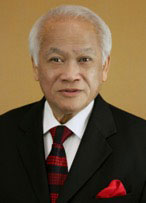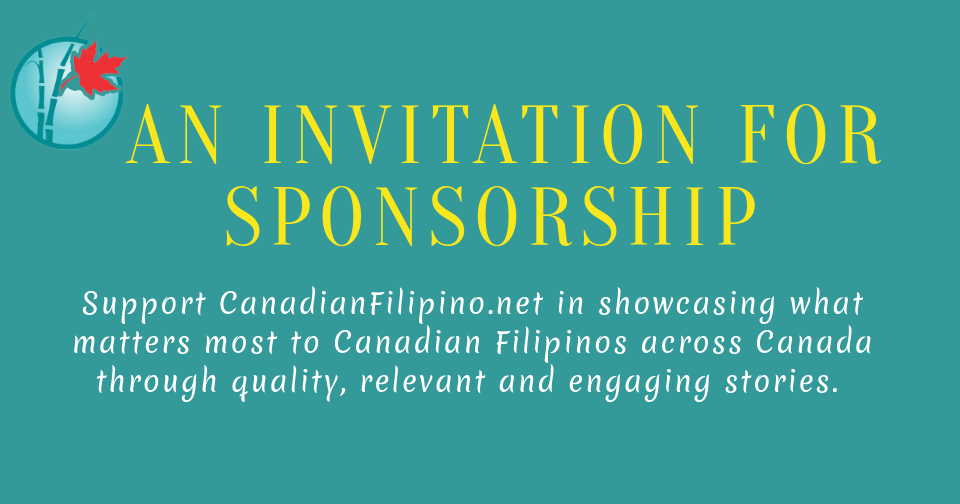June 1, 2023 - Recently, a family friend invited us and our common close friends to a birthday dinner celebration in a restaurant, adding the statement “Thanks, COVID is now over.”
Indeed, it is not uncommon to hear such comment since the World Health Organization (WHO) officially declared last month on Friday May 4th (May 5th Geneva time) that COVID-19 is no longer a public health emergency of international concern (PHEIC) – the highest level of global public-health alarm.
Historical context
Then new respiratory coronavirus infection –
subsequently given the name COVID-19 – was designated a PHEIC nearly 3 ½ years ago on January 30, 2020 for three reasons: 1) it was an extraordinary rapidly spreading contagious disease in China; 2) it posed a public health risk to many other countries through international travel; and 3) it required a coordinated global response on many fronts: public health advisories on non-pharmaceutical measures, including use of face masks; development of emergency diagnostic test kits; daily tracking, reporting and availability of accumulating data on a global scope; worldwide efforts to re-purpose some existing and develop new medications; speedy developments of vaccines, and their emergency deployments, including mass vaccination; and focused and special ample government fundings to assist in the foregoing developments, including emergency financial supports to healthcare facilities, businesses, and directly to citizens.
The PHEIC declaration was a useful tool that enabled governments worldwide to use extraordinary measures to manage the severe disruption to health systems, and to ease the severe economic, social and political upheavals caused by this pandemic. It enabled national governments to marshal resources from varied sectors to ease the health crisis. It also prompted cooperation among nations.
Applying the same set of criteria 3 ½ years later, WHO Director General Tedros Ghebreyesus agreed with the Organization’s Emergency Committee’s recent recommendation and announced last month that COVID-19 had ceased being an ‘unusual and unexpected event’ as described above. Caseloads, hospitalizations and deaths from the disease have sharply declined in numbers and the levels of population immunity against the virus are high. Yes, COVID-19 – the gravest global health crisis in a century –is officially over as a global health emergency!
Does that mean the pandemic is over, too? No, it is NOT.
In fact, WHO itself likewise emphasized when it made the announcement that the COVID-19 virus – SARS-CoV-2, (short for ‘Severe Acute Respiratory Syndrome CoronaVirus-2’) – will continue to circulate widely and evolve, and will continue to cause disease and death. But the worst segment is over.
Apprehension, specific concerns and re-assurance
Apprehension: Nonetheless, some experts have raised measures of anxiety even as most welcomed the WHO announcement. Understandably so for we know all too well that mutation to new strains is an ongoing property of the virus; thus, the risk of new variants with unpredictable characteristics remains.
There is palpable anxiety this announcement might make governments and institutions neglect the disease and withdraw crucial resources to its continuing surveillance, particularly, for new recombinant variants that might emerge.
Might access to existing COVID-19 vaccines and therapeutics become costly prohibitive in the months and years ahead, or their advanced developments halted?
Notes of caution have been struck and specific concerns expressed by Canadian experts Drs. Bogoch and Labos. Might there be lack of action to prevent resurgence? Might we backtrack on the gains achieved with respect to vaccination, testing and improvements in ventilation system? Might we forget the need to upgrade infrastructure?
Reassurance: In this regard, a WHO advisory group has recommended recently that “this year’s booster shots be updated to target one of the currently dominant XBB variants: XBB.1.5 or XBB.1.16. It is reassuring to learn that Moderna Inc, Novavax Inc and Pfizer/BioNtech vaccine makers are already developing their corresponding versions.
The breakdown of variants reported by CTV News on May 23, 2023 is as follows: XBB.1.5 recombinant variant constitutes 41.4% which is somewhat less than the 50.3% recorded two weeks earlier. Also, it appears the original strain is no longer significantly circulating.
The message from Canada’s Chief Public Health Officer Dr. Theresa Tam is reassuring. “Canada will continue to monitor COVID-19 and will prepare for the Fall as well as for future vaccination recommendation,” said Dr. Tam.
An additional reassurance has come from the Johns Hopkins University’s Coronavirus Resource Center, which was in the forefront of 24-7 data collection operations globally for three years. It remains “committed to maintaining a leadership role in providing the public and policymakers with cutting edge insights into COVID-19” as the world transitions from the emergency acute phase marked by exponential growth rate of the disease to the endemic stage when the disease remains in the community but not as widespread.
Concluding messages
COVID-19 is no longer an alarming global emergency. The worst is over and community life is closer to the pre-pandemic times. We no longer need the mandatory extraordinary measures taken to contain the spread of the virus. Indeed, it is only natural that after 1,191 days of critically stressed COVID-19 life we would welcome the end of it.
At the same time, we have to acknowledge the virus is here to stay permanently most likely as a human pathogen. Let us not drop all COVID-19 protective measures and consider our fellow citizens – the elderly and those with underlying medical issues that make them more at high risk. It becomes worrisome, indeed, when the human toll is concentrated among them – it can hurriedly recede from the public consciousness.
In this regard, I find Professor of Microbiology Dr. Simon Clarke’s (of Britain’s University of Reading) message compelling in its simplicity, hence I share: “If you're ill with a respiratory infection, like a bad cough, don't put others at risk, especially not those who are vulnerable. If you pass on a COVID infection, no one will thank you. If you're fit and young, COVID can still be nasty and if you're old and frail, it can kill you."
To sum up: Yes, COVID-19 is over as a global health emergency. No, it is NOT over as a contagious disease!














